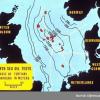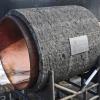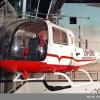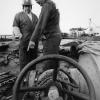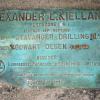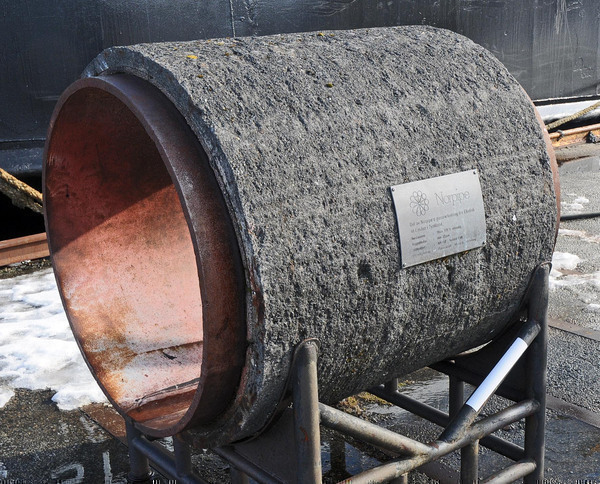Networking the product
Discovering and extracting oil and gas was only part of the work of developing the North Sea for energy exploitation. The products also needed to get to shore.
This posed new challenges and sparked new controversies. The Ekofisk field was closer to Norway, but the pathway through the deep (374m) trench off the coast of Norway made it nearly impossible to lay a pipeline of the required dimensions. Landing oil at Teesside (UK) at a depth of ninety-two meters was much easier, and a site at Emden in West Germany was also explored.
These considerations led to intense negotiations between the Phillips group and the Norwegian government. There was a strong desire at the national level, especially among Norwegian firms and workers' groups, to have the oil, and therefore the refining and processing jobs, come to Norway. At the local level, residents of the coastal areas of Norway protested at the idea of having the pipeline land in their town. Ultimately, the decision came down to the Norwegian government.
In exchange for many concessions for building the pipelines, including half ownership of the pipeline to the Norwegian Statoil, and transporting liquid gas back to Norway, they voted on April 26, 1972 to allow the oil from Ekofisk to be landed at Teesside and the natural gas to be landed at Emden in West Germany.
 Previous Story
Next Story
Previous Story
Next Story
How to cite this page
Alexander Badenoch, 'Networking the product', Inventing Europe, http://www.inventingeurope.eu/infrastructures/networking-the-product
Sources
- Kvendseth, Stig S. Giant Discovery: A History of Ekofisk Through the First 20 Years. Phillips Petroleum Company Norway, 1988.





